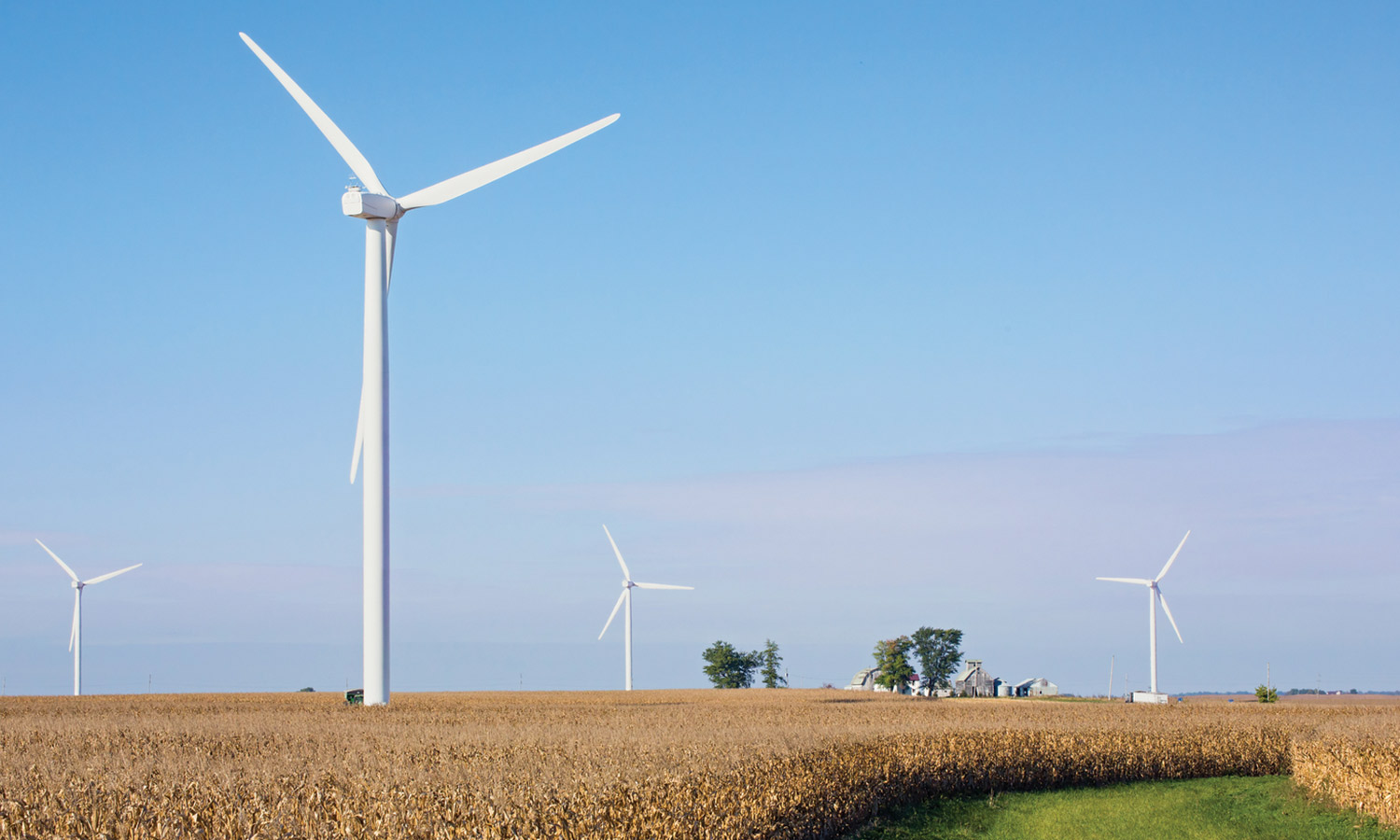
This week I joined the Great Plains Institute, the American Coalition for Ethanol and many other stakeholders in calling for Midwestern states to adopt clean fuel standards to cut transportation emissions by moving away from carbon intensive gasoline and diesel fuels toward cleaner transportation fuels, including electricity and low carbon biofuels. Clean fuel standards are already in place in California, Oregon and British Columbia. and several other states and jurisdictions are actively considering implementing similar measures.
Here are five reasons now is the time for Midwestern States to get started on a clean fuel standard.
- Accelerating Electric Vehicles: Electric vehicles are growing in the Midwest, but need a boost. While the Midwest leads the nation in biofuel and wind energy production, EV sales are lagging behind leading states. From July 2018 to June 2019 Illinois, Minnesota and Iowa had EV sales of 1.54, 1.48, and 0.83 percent respectively versus 8.65, 4.58 and 4.51 percent in California, Washington and Oregon (including battery, plug-in hybrid and fuel cell electric vehicles, source Auto Alliance). A clean fuel standard supports electrification of all modes of transportation directly in proportion to their assessed climate benefits. Together with a Zero Emissions Vehicles standard for vehicles (which Minnesota is in the process of adopting) and utility programs to build out charging infrastructure for both passenger vehicles and trucks and buses, clean fuels policy can get the Midwest back in the driver’s seat on the road away from gasoline to cleaner choices.
- Biofuels production keeps improving: With advances in technology, biofuel producers have been getting cleaner and more efficient, delivering greater climate benefit from each gallon of biofuel. Most current biofuel policies focus on increasing biofuel consumption, neglecting the opportunity for biofuel producers to reduce emissions, thus making the biofuels they produce cleaner. A clean fuel standard rewards fuel producers in proportion to the climate benefits their fuel provides. This means cleaner biofuels get more support, and biofuel producers have an incentive not just to increase production, but to reduce fossil energy use and emissions.
- Farmers get into the clean fuel game: It’s common sense that the lifecycle of a biofuel begins on the farm, but today lifecycle-based fuel policies on the West Coast have no mechanism for farmers growing biofuel crops to document emissions reductions. Climate friendly farming means lower carbon fuels, so a key focus of our Midwestern clean fuels initiative is to bring farmers into the policy, which should help them get compensated for their work to reduce emissions and improve soil health. A focus on farmers makes sense in the Midwest since this is where most biofuels are produced.
- Breaking through the ethanol blend wall: Since 2010 the ethanol industry has struggled to make substantial progress breaking into blends of gasoline with more than 10 percent ethanol. With gasoline sales poised to fall as cars get more efficient and electric vehicles expand their market share, success with higher blends including E15 and E85 is required for ethanol to maintain its current production level or grow. A clean fuel standard makes higher ethanol blends more attractive for fuel retailers and consumers as well as providing a backup to inconsistent federal fuels policy. And with cleaner production at the farm and ethanol plant, increased blending will deliver even greater climate benefits for each gallon of fuel.
- Working together to take on the oil industry: Repowering our transportation system with clean renewable fuels is a big job, and both electric vehicles and biofuels have a key role to play. Moreover, the oil industry has shown it is no friend to either technology, as it fights to protect a status quo that is fundamentally inconsistent with the interests of consumers, clean fuel producers and a stable climate. A clean fuel standard is smart policy for transportation, providing benefits not just for drivers, but encouraging all transportation fuel producers – from farmers to electric utilities – to reduce emissions from transportation fuel production.
Scientific studies tells us how much the Midwest has at stake from climate change, so the time for action is now. A decade of experience in other states has shown that clean fuel standards are a flexible and effective means of delivering substantial climate benefits while supporting investment in all kinds of clean transportation technology. Since Midwestern states produce most of the country’s biofuel, they have a lot at stake in the future of transportation fuel policy, and a Midwestern approach to clean fuels policy should include provisions that encourage biofuel production to get cleaner at both the biofuel production facilities and on the farms where the corn and soybeans used to make biofuels are grown.
To learn more, read the UCS fact sheet, Clean Fuels in the Midwest and the white paper, “How a Clean Fuels Policy for the Midwest Should be Designed” developed by Great Plains.
